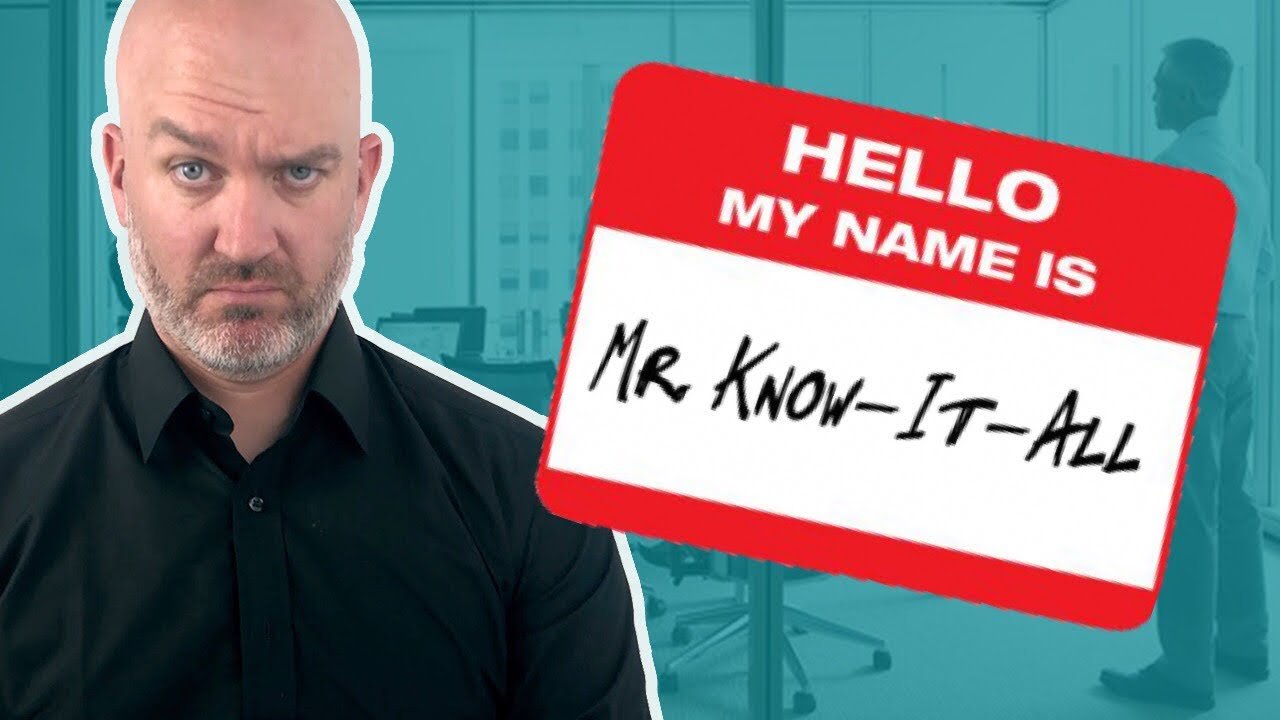The Consciousness of unconscious bias
Today, the topic is unconscious bias. In case you’re wondering what it means, I feel Bristol University’s Equity, Diversity and Inclusion team describe it best:
“Unconscious bias is a positive or negative mental attitude towards a person, thing or group that is held at an unconscious level. Bias is ordinary; it is not a moral failing. However, biases do have consequences; they disadvantage stereotyped groups.”
“[Unconscious bias] …is a gravitation towards the 'safe' or familiar. In the workplace, this behaviour can lead to a tendency to recruit or favour people in our own image, rather than those who are more diverse.”
Now some people may feel isn’t bias simply another term for decision-making? Aren’t decisions a necessary part of our day-to-day life. Which raises the question, is making a judgment or decision the same thing as exercising bias? To answer this question, we should look at the word bias itself. What is bias?
According to Oxford Languages, bias is:
“[an] inclination or prejudice for or against one person or group, especially in a way considered to be unfair.”
Got that everyone? Hopefully, we all understand bias now and we all understand unconscious bias… sort of…
From the definition shared, bias judgments or decisions are prejudiced and unfair.
Is it possible to be unconsciously prejudiced and unfair? I really struggle to believe this. The only people who I can imagine this may apply to are those who feel they have little or nothing to learn. Is that person unconsciously bias or willingly ignorant? Are they one and the same thing?
What I find interesting is many people believe they are not racist, or that they they treat everyone equally and fairly. They don’t see colour, they love and appreciate everyone, they give equal opportunities, blah, blah, blah… And they genuinely and wholeheartedly believe this. I’m convinced of this. However, in my experience, I often see their conclusions of people and actions towards people tell a different story.
In the instance of the workplace, even where you do see a diverse workforce, that doesn’t tell the whole story. You’re simply seeing a bunch of people posing for photos. Yes, you may have a wide range of people present, but who is heard, who is respected, who is given room to make an impact, who is given room to step a foot wrong, who is proactively mentored, coached and looked after, who works most and receives the least, who still doesn’t quite fit in? And why?
If you’re a manager or have been a manager, think about the teams you’ve managed. Who had a voice and who did you advocate for… and why? What was the evidence of your reasoning? Was everyone measured fairly and consistently?
I’ve heard the term ‘unconscious bias’ being banded around for the past five years or so... and I’m simply not a fan of it. This term is a soothing balm and a get-out clause. It removes accountability, responsibility and actions needed to be taken for solutions. Also, if I’m to take the term literally, I don’t believe people make judgments about other people unconsciously. The decision or judgment may be misinformed or a habit, but that does not make it unconscious.
Everyone wants to claim they believe in diversity but they don’t understand that making such a claim is a big responsibility and requires proactive work.
Have you addressed your own biases? What do you do to counteract them? How do you handle when a member of staff from a minority group tells you that they feel they’re being interacted with in a condescending way? Do you listen to understand, or listen to counteract by making them feel it’s in their head?
How do you handle when a possible neurodivergent team member says something you deem to be odd? Does it make you feel uncomfortable? Does it make you feel they are not a culture fit?
Are your team members aware of their biases? There’s no way this is not impacting how they interact and work with others. Do you even feel this is important enough to address?
So maybe we don’t call it unconscious bias, maybe we call it minimised bias or ignored bias or just bias! Why coat it with sugar by putting it in the unconscious category. “Oh, I can help it! I don’t know what I’m doing… it’s all unconscious…” Well, that’s simply not good enough. We can’t conquer our demons or resolve problems or improve society if we’re not brave enough to face them head on.
Maybe that’s what’s missing… bravery. The courage to look oneself in the mirror to try to understand one’s strengths and failings. The courage to work on the failings, individually and within our respective social groups. We all have biases. Let’s not sugarcoat them, let’s not hide them or make people feel more or less guilty for them. Let’s face and work through them so we can be better together and for one another.





